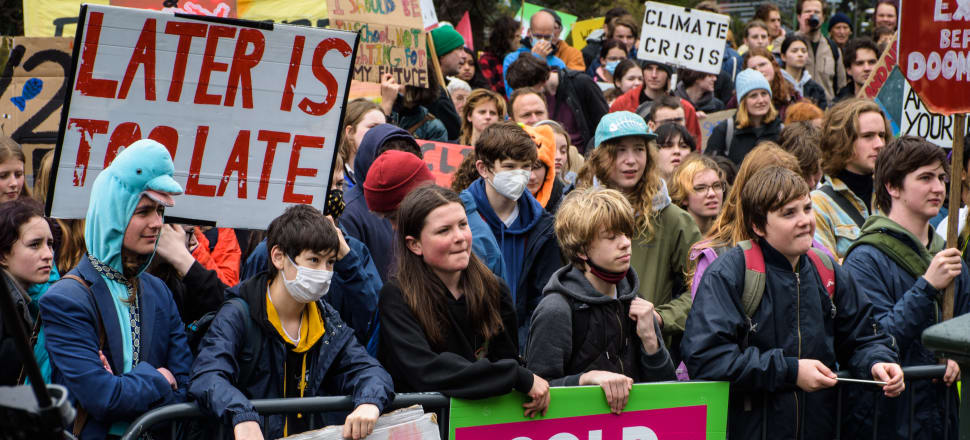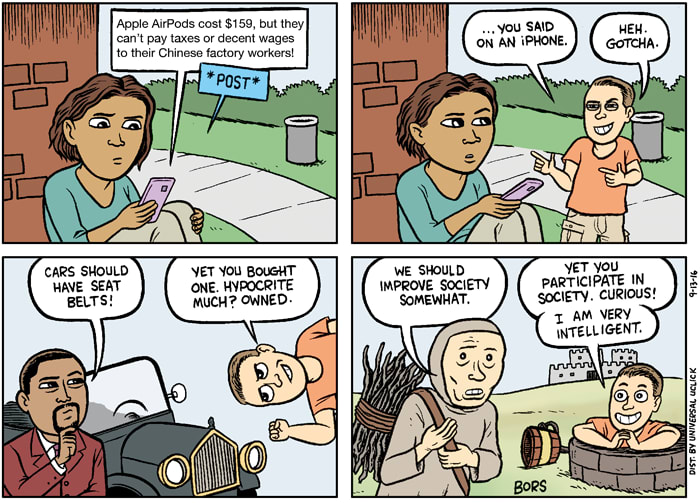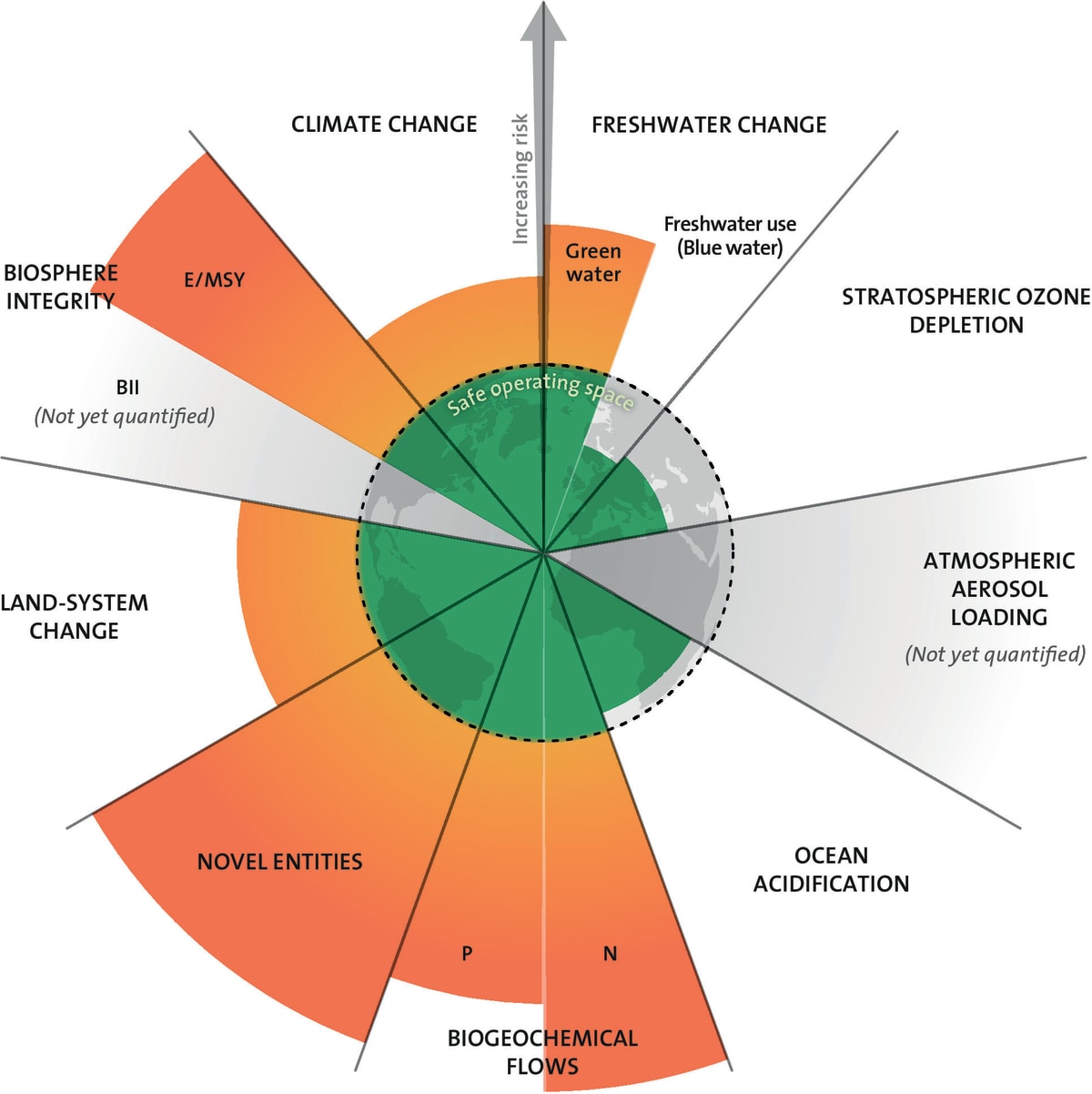
Shaming people for their choices when those choices are constrained by living in a society reliant on fossil fuels is not just illogical, it doesn't work, Marc Daalder writes
Comment: Climate advocates are no stranger to the sort of bad faith attacks deployed last week to undermine the credibility of striking students.
The suggestion, on talkback radio and on social media, that student activists who take flights, drive a car or eat meat should shut up and quit complaining is ignorant at best and disingenuous at worst.
As Climate Change Minister James Shaw told Newsroom on Tuesday, "That is a tactic designed to shut down those people from speaking. It is reprehensible behaviour.
"We all have to be members of the society that we are in. You cannot function in the society that we're currently in without burning fossil fuels. That doesn't mean that you should not call for the end of fossil fuels."
Taken to its logical conclusion, as one popular meme does, this argument says anyone who participates in society should be barred from arguing for it to be improved.

The reality is that individual behaviour change without systemic change to support it is not the solution to the climate crisis.
Shaming people for their choices when those choices are constrained by living in a society reliant on fossil fuels for transport, energy, food production and industry is not just illogical, it doesn't work. The entire concept of a carbon footprint and individual responsibility to reduce emissions comes from fossil fuel industry media campaigns.
This isn't to say that people shouldn't reduce their personal emissions where they can. But the science is really clear on this.
The Intergovernmental Panel on Climate Change's (IPCC) latest report focuses specifically on how to reduce emissions.
Written by dozens of top climate scientists and other experts, it is unequivocal on both the impact of fossil fuel lobbying campaigns and on the ineffectiveness of individual-focused action.
"Corporate advertisement and brand building strategies also attempt to deflect corporate responsibility to individuals, and/or to appropriate climate care sentiments in their own brand building; climate change mitigation is uniquely framed through choice of products and consumption, avoiding the notion of the political collective action sphere," the report found.
"Behavioural change not embedded in structural change will contribute little to climate change mitigation, suggesting that behavioural change is not only a function of individual agency but also depends on other enabling factors, such as the provision of infrastructure and institutions."
If you live in a city with unreliable or infrequent public transport connections, for example, then driving less isn't a realistic option for you.
"Successful shifts towards public transport, for example, involve technologies (buses, trams), infrastructure (light rail, dedicated bus lanes), regulations (operational licences, performance contracts), institutions (new organisations, responsibilities, oversight), and high-enough density, which in turns depends on such choices as housing or planning policies."
That said, we can still reduce emissions by reducing demand for energy or for products of emitting activities. This could cut emissions by 40 to 70 percent by 2050. But it only works if enabling structural changes are progressed first.
"Current demand side policies are fragmented, piecemeal and too weak to drive demand-side transitions commensurate with 1.5C or 2C climate goals," the IPCC wrote.
The school strikers understand this. That's why their demands sought Government action to enable greater emissions reducing activities. Free public transport and new investment in safe cycleways and walkways (two of the six demands) would make not driving much more realistic for those who are otherwise stuck in their cars. The final demand for a just transition also calls on the Government to make sure "no worker or community [is] left behind".
The IPCC is clear that we can live better, healthier, longer lives while using less of the world's resources and the school strikers have part of a vision on how to do that.
As young people, they're also conscious that the world doesn't have many resources left to use.
Globally, we left the "safe operating space" for carbon dioxide concentration in the atmosphere in 1988. No one alive today will ever see it return below the safe level of 350 parts per million. In the most optimistic and ambitious of climate scenarios, we return to that threshold in 2149. In most scenarios, it's centuries away, or never.
The policymakers calling the shots today had the benefit of living (albeit briefly) within that safe operating space. The climate strikers never got to and never will.
That's not the only way we've transgressed safe usage of the world's resources. Scientists have determined nine planetary boundaries. Humanity has passed six of them.

In their short lifetimes, climate strikers have seen hundreds of species declared extinct, global emissions increase by 20 percent and devastating extreme weather go from rare to commonplace.
The impacts for the youngest among us will be even worse. By the time a child born today is able to vote, current policies will have seen us blow past not just the 1.5C carbon budget but also the allowable emissions to limit warming to 2C.
If no one changes course, we'll be on track for 3.2C of warming by the end of the century. Today's talkback hosts and pundits won't be alive by then, but the school strikers might.
What might have been a one-in-50-year heat wave will happen once every two years. One-in-10-year storms will become one-in-five-year rain events.
The adults in the room aren't taking this intergenerational problem seriously, so the kids are understandably standing up for themselves and those who will come after them.
Protesting against this future even if you drive to school or take a flight isn't hypocritical, it's a necessity.







